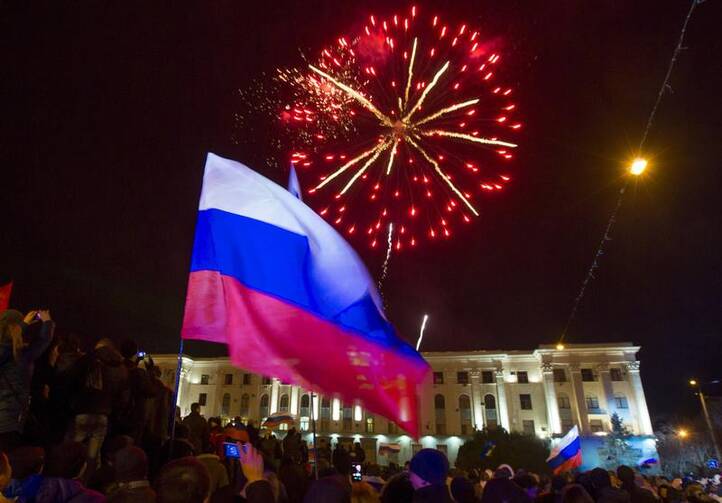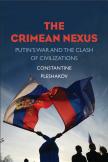A small land with an outsized role
Nations, like people, fight over many basic things like money, power, ideas and land—especially land. No matter how big or small the land is, if it’s worth something, it’s worth fighting for. This has been the case with Crimea, the underbelly of Russia. It has been noted that Crimea is a place difficult to leave, physically as well as emotionally. The Tartars considered it Yesil Ada, “the Green Isle.” No bigger than Massachusetts, it has historically captured the imaginations of people as varied as Romans and the Greeks, the Jews, the Italians and the Turks and the Bulgarians. But most importantly of all, it entices the Russians.
While it has long been a gleam in the Russian eye, it has been a thorn for Western diplomacy. It is a problem politically and militarily because it involves two great powers, the United States and the former U.S.S.R. (now Russia). Given its proximity not only to Ukraine and Russia, it is also a gateway to the eastern Mediterranean and the Middle East, thus the “nexus” of the book’s title, The Crimean Nexus: Putin’s War and The Clash of Civilizations. Written by Constantine Pleshakov (himself a native of Yalta), who is a professor at Mount Holyoke College in Amherst, Mass., Nexus is a perceptive study on how a small land can have an outsized role in Russian-American relations.
Professor Pleshakov details the historical, political and sociological significance of his homeland. No easy answers are offered but, as any good book should, it presents much for thoughtful reflection for those who determine and control policy.
Now that a new administration is ensconced in Washington, the new president and his advisors should ponder these pages, process its lessons and be clear-eyed in its relations with Putin’s Russia. This book is worth the effort.
This article also appeared in print, under the headline “A small land with an outsized role,” in the January 23, 2017, issue.









